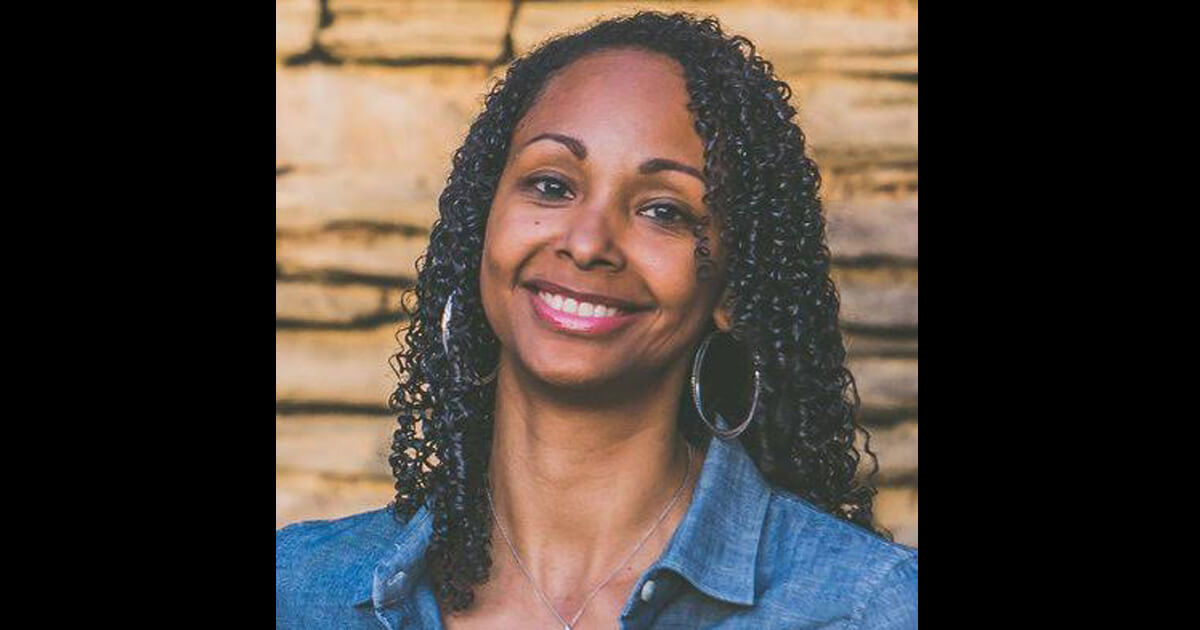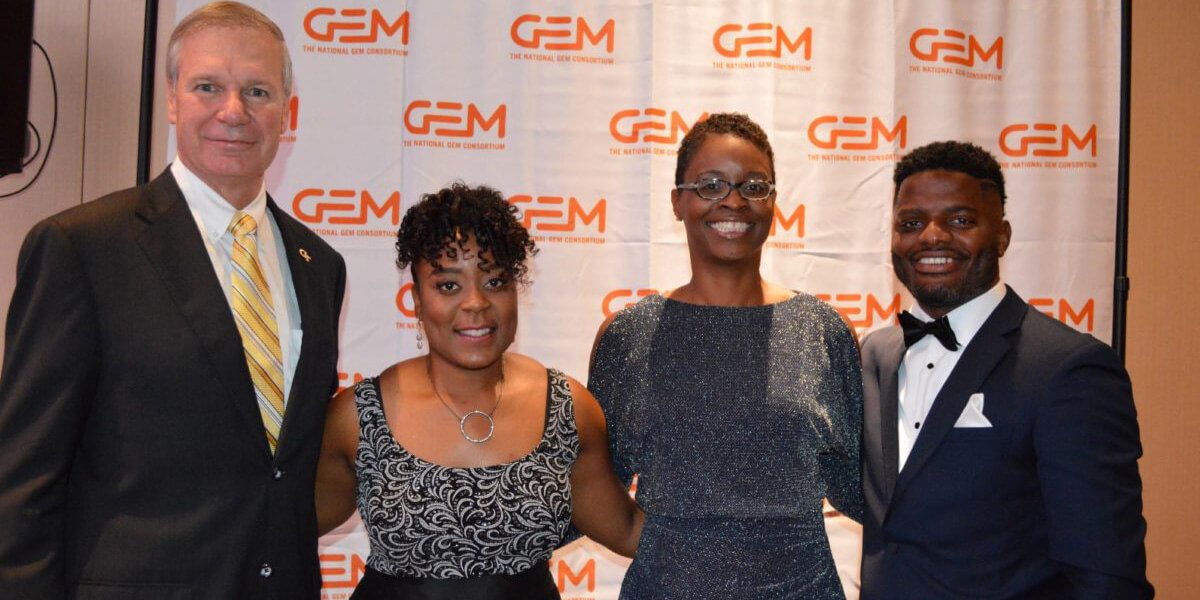A college student-led venture capital firm has opened an office in Atlanta with hopes of improving its racial diversity and creating a pipeline for students of color to jump-start their careers in venture capital. Founded in 2015 and launched in Utah, University Growth Fund has worked with 50 students to manage $80 million across two funds. Students have invested alongside and worked with top venture and private equity funds and managed a portfolio that includes companies like AirBnB, Klarma, Snapchat and Spotify.
We give them a ton of autonomy and they really drive the entire investment process internally, Peter Harris, a UGF partner, told The Plug. They do all the due diligence and they get to vote on every deal that we do. After we make an investment, they roll up their sleeves and help our portfolios through a wide range of value add projects.
Harris said the firm has proven invaluable for students but admits that it has fallen short when it comes to racial diversity in its early years. Harris says some of this is due to the fact that UGF launched in Utah, where white people make up 90 percent of the population, according to the 2019 U.S. census. The VC firm also has an office in San Diego, a city that is slightly more diverse with about 65 percent of its residents identifying as white. With this in mind, UGF opened a new office less than a month ago in Atlanta, a budding tech hub where Black people make up about half of the population, with the hopes of connecting with Black and brown students who are attending local HBCUs and other universities in the area. The expansion was sponsored by Ally Bank as a part of their Community Reinvestment Act program.
We saw great promise in this model and invested in the fund, Diane Morais, president of consumer and commercial banking products for Ally Bank, said in a statement. [We] provide a lot of perspective and support for the students, including scholarships. Harris said the decision to expand into Atlanta and prioritize diversity was catalyzed and accelerated by the events of the past year.
In 2020, the deaths of George Floyd and other Black people at the hands of police, as well as nationwide protests highlighted racial disparities in various workforces. Venture capital was certainly one of the industries with a glaring lack of diversity that was highlighted in the public discourse. Still, despite this and the fact that the National Venture Capital Association found only about 4 percent of venture capitalists are Black, there’s been little proof that the conversations spurred last year have yielded tangible change so far. UGF is hoping their expansion into Atlanta will be a small step in the right direction. Five Atlanta-based students are already working with UGF, hailing from Morehouse and Spelman College, Georgia State University, Georgia Tech and Gwinnett College.
They’re a part of the team, ready to go and working on deals already, Harris said of students who have access to an office in downtown Atlanta, located across the street from Georgia State’s business school. Our goal is to have Atlanta up and running at full capacity of about 10 to15 students at any given time and ideally the vast majority of them to be Black and brown students.
Students don’t have to come to UGF through their school, but Harris said it was important for UGF to connect with influential people within Atlanta’s tech scene and at local universities before opening an office in the city. Rodney Sampson, general partner of 100+ Black Angels and Allies Fund said he was one of the people the company reached out to get a better understanding of Atlanta’s tech ecosystem. For him, the potential for Black students to learn about VC through a program such as UGF is one that he hasn’t seen often. The fact that you can go to a fund like University Growth Fund and not just intern, but also learn how to make investments, that’s a part of the game that we don’t get exposed to, Sampson told The Plug.
Last year, UGF held a VC case competition in Atlanta to help introduce the city to its program. Sampson served as one of the judges. The competition, which UGF hopes to host annually in the city, involved four workshops and a chance for students to pitch investors in teams. The genesis of it really tied back to the idea that we were struggling to get diverse applicants to our program, frankly, Harris said of the program.
We thought that part of the reason for that is that students didn’t really understand what venture capital was, how it worked and how interesting and fun it could be. We put together this competition as a way to teach and train. Harris said entrepreneurs such as Sampson, as well as faculty at local universities, have all been welcoming so far. Everyone has been incredibly helpful and supportive of what we’re trying to do. We have a great relationship with the entrepreneur center at Morehouse, he said. They’ve been really helpful in helping us get the word out about our competition and program. I would say that extends to the rest of the schools as well,








